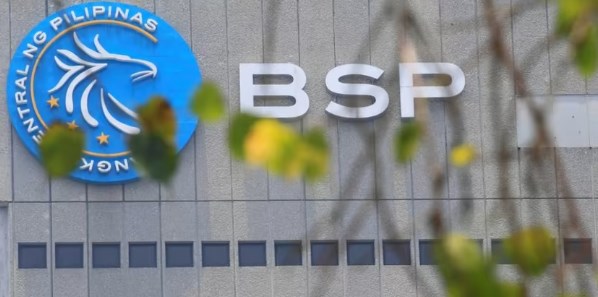The foreign exchange (Forex) market is the largest financial market in the world, with trillions of dollars exchanged daily. The Philippines benefits from having an emerging nation status as a Southeast Asian country.It is no surprise that many people in the Philippines are interested in trading Forex. so quite a few online brokers will now accept clients from the country.
Is forex trading legal in the Philippines?
If you’re based in the Philippines and would like to trade forex, you should know that the Philippines’ Securities and Exchange Commission (SEC) has taken a rather adversarial stance against forex trading due to reports of fraud and heavy losses by retail traders. In fact, the SEC has issued 2 advisories in recent years stating forex trading is illegal to discourage private individuals from trading currencies and local brokers from engaging in the forex business.
Forex trading may not be strictly legal in the Philippines so you may not find a local broker that will let you trade currencies. Despite that, you might still find an international online broker based outside the Philippines to trade the foreign exchange.
Read on to find out Philippines top brokers :Best Forex Brokers in the Philippines 2023

Philippines regulated market
The Bangko Sentral ng Pilipinas (BSP) is the central bank of the Philippines and regulates the Forex market. The BSP has the authority to regulate all foreign exchange transactions in the country. Forex trading is legal in the Philippines, but it is important to ensure that the broker being used is licensed and regulated by the BSP.
The BSP has implemented regulations to ensure that Forex brokers operating in the Philippines adhere to specific standards. Forex brokers must be registered with the BSP, and they must meet capitalization and other requirements. The BSP also requires brokers to maintain segregated accounts for their clients’ funds to protect against fraud and ensure the safety of clients’ funds.
Individuals interested in trading Forex in the Philippines must ensure that they use a licensed and regulated broker. There are many online brokers available, and it is important to do due diligence before choosing a broker. Checking if a broker is licensed by the BSP is crucial in ensuring the broker’s legitimacy.
It is also important to note that Forex trading involves risks, and traders should understand the risks involved before engaging in Forex trading. Traders should also have a solid understanding of the Forex market and the strategies used in trading.
In addition, the BSP has implemented rules to limit the amount of leverage that Forex brokers can offer their clients. This is to protect traders from taking on excessive risk and suffering significant losses. The maximum leverage that a Forex broker can offer to its clients is 1:50, which means that for every $1 of trading capital, a trader can trade up to $50.
In conclusion
Given the unfavorable local regulatory environment imposed by the Philippines’ SEC, you might want to think twice about trading forex from the Philippines. Although some retail forex traders have been able to make margin account deposits using online payment services, you really never know when that loophole might close.
You would therefore probably be taking an extra risk by opening a forex trading account with an international broker to trade in from the Philippines. Since trading any financial market requires you to take at least some risk, that might be an additional risk you feel ready to take in order to have the opportunity to trade currencies.
Frequently Asked Questions
Q:Is forex trading legal in the Philippines?
A:Forex trading is not entirely legal in the Philippines. You must use an international forex broker to make your trades.
Q:What are the best forex brokers for trading in the Philippines?
A:A few of the best ones for trading forex in the Philippines include City Index, XTB and Saxo Bank.
Q:Can I lose more than I invest in forex?
A:Not usually. Your broker will not allow you to lose more than you have in your trading account. If you hold a losing position, it will simply close your account balance when it gets close to $0. In rare cases, a slippage or significant price gap may put the trader’s balance into negative territory.
